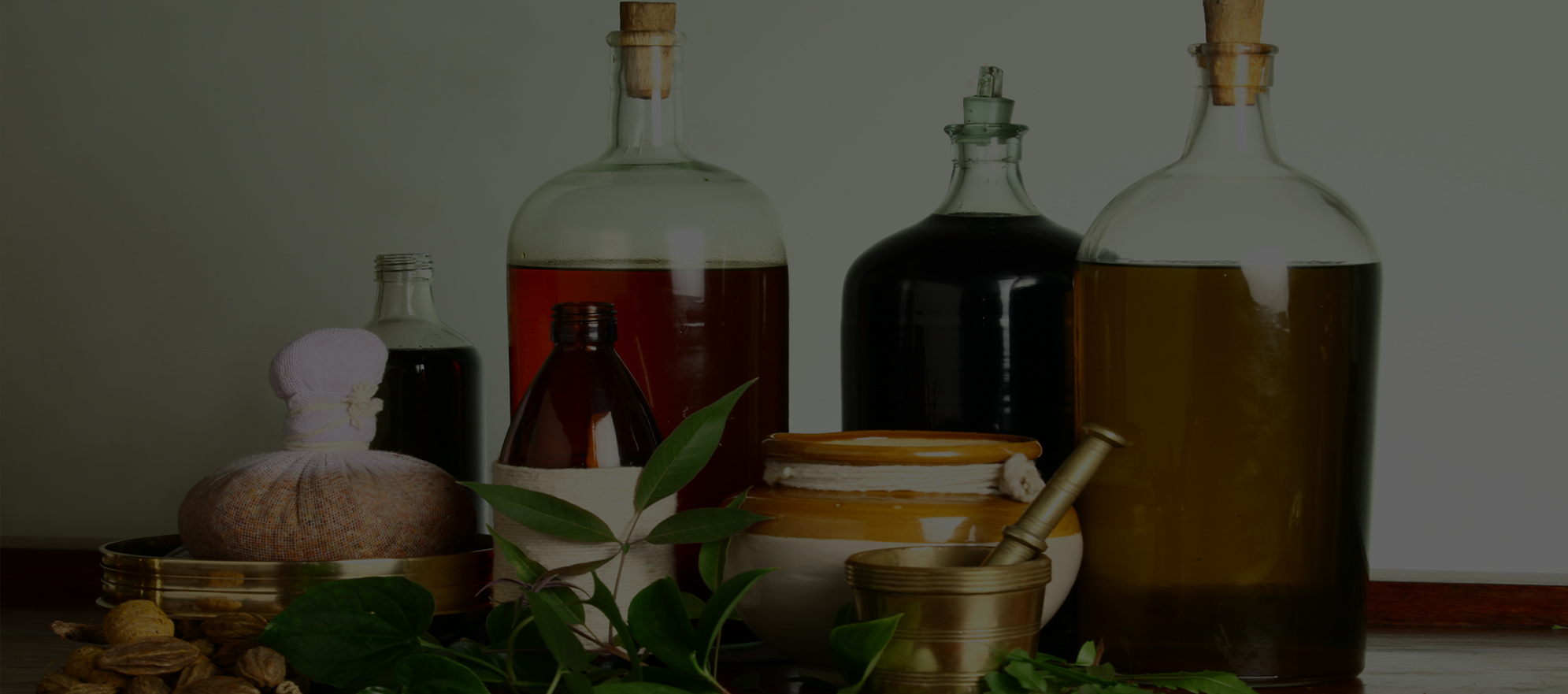
“ Prevent Disease through Ayurveda ”
Plants have been worshipped as deities for ages and Ayurvedic plants in Kerala have been considered a blessing. Traces of such worship can be found in Atharva Veda, where we can find hymns dedicated to various herbs. Hymns were chanted for longevity and prosperity and these were known as ‘Ayushyams’, from which advances in medicine were driven. With time, the religious inclinations in Ayurveda started diminishing and more of a scientific approach started being built. This led to study of plants as medicines more than worshipping them.
We at ‘Ayur Soma’ believe that plants are a part of our being and inculcating them in our environment is the first step toward knowing their richness. These plants not just add to the ornamental beauty but also, create an ambience that compliments the treatments offered. The plants also have their names and species tagged, from which you can learn more on them. This gives a scientific and factual approach to our treatment. Every element used, is derived from these plant types, that we get to see in the property. This keeps the treatment, transparent.
We take pride in our medicines which are internally produced. Nearly 70% to 80% is under own production while the rest are derived from forests. We continue to use the traditional methods of hand ground medicines, hence, no machines are used for their production. This keeps the medicines, earthy, and real, creating a natural treatment in a world set away from artificiality. Special care has been taken in creating, a unique and natural experience, for you at Ayur Soma, with the most ethnic architecture. You can learn more about it in the ARCHITECTURE column and know your retreat better.
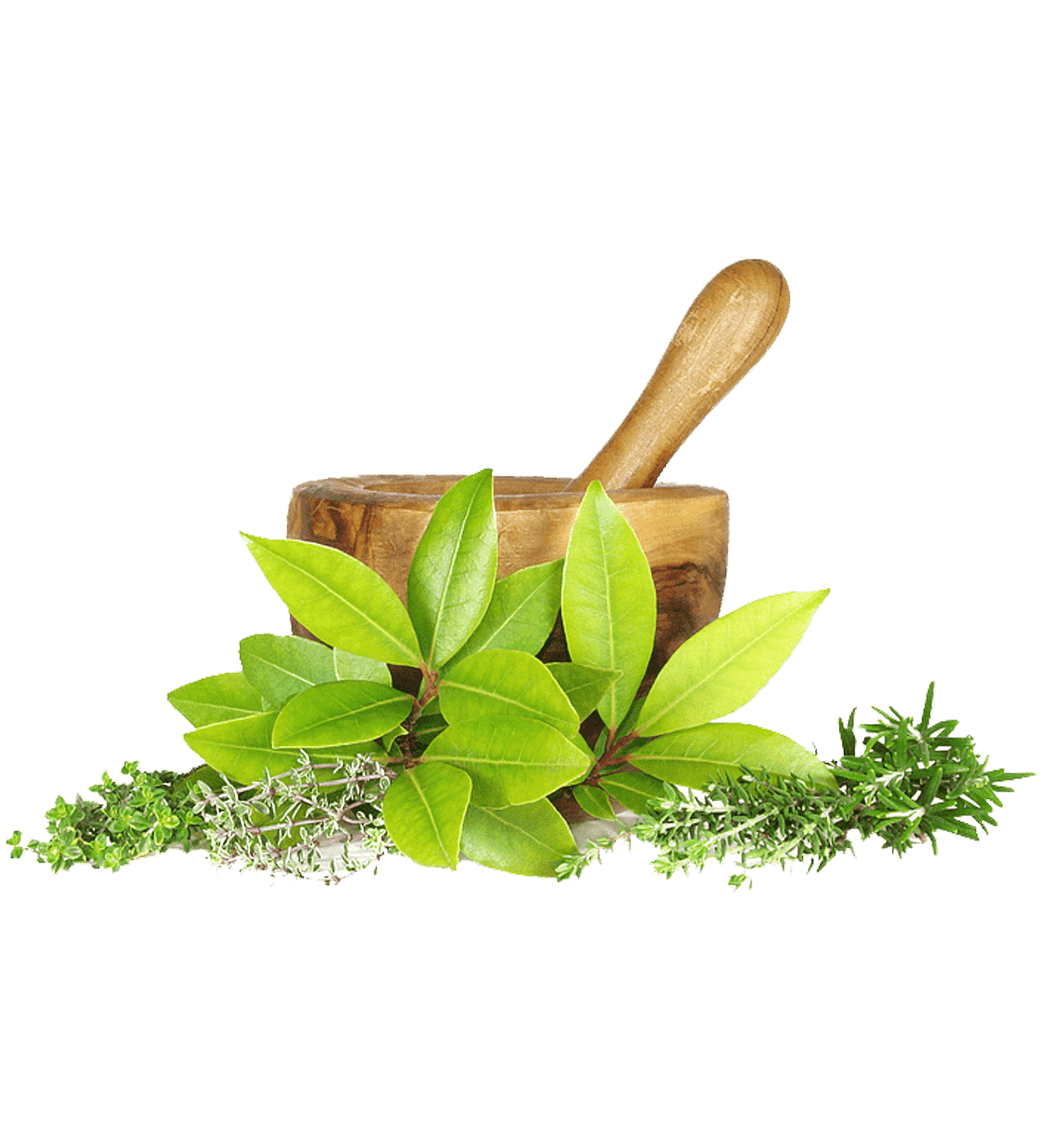
Few such herbal plants, used for the treatment, found during your stay at AyurSoma are:
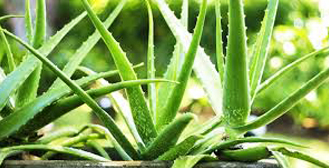
INDIAN ALOE (KUMARI):Aloe barbadensis miller
Found predominantly in India, Central / South America, Africa and Arabia; this perennial plant comes with a course stem. It is known for rejuvenating skin, intestines and female reproductive system. Works wonders in soothing ulcers, healings wounds and is also used a moisturizer for daily use. The ancient use of Aloe Vera is widely known, which gave it the term ‘plant of immortality’.
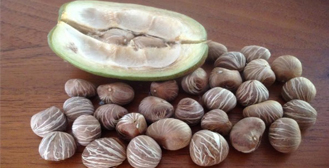
MALABAR NUT:JUSTICIA ADATHODA
Malabar nut, as it is commonly called is a shrub that has been traditionally used in various systems of medicines and is considered a powerful herb. It is very effective in treating respiratory conditions like asthma, bronchitis and mucous issues. Every part of this wonder plant is used for medicinal purposes.
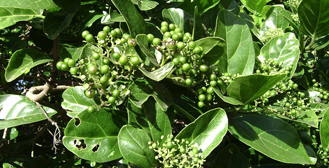
PREMNA AGNIMANTHA:: Premna Integrifolia
Agnimantha has properties like anti-rheumatic, anti-inflammatory and analgesic, which makes it one of the sought after plants. Its roots and bark are used to treat disorders related to nervous and musculoskeletal system, while the leaves help in treating fevers and infections. Agnimantha water, i.e., powdered roots diluted in water is known for improving appetite..
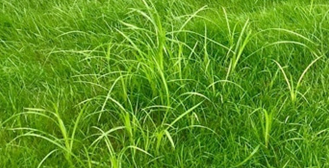
NUT GRASS: :CYPERUS ROTUNDUS
A common grass that grows like weed, has been part of Indian culture since ancient times, is a valuable herb in disguise. It serves to be a great anti- pruritic herb that cures skin problems like eczema and scabies. Nut grass is considered effective in treating several other disorders like anemia, UTIs and eases menstrual irregularities in women.
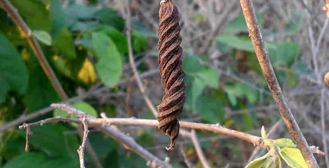
INDIAN SCREW TREE: : HELICTRES ISORA
It is believed in Ayurveda that if a plant resembles an organ, it can be used to treat that organ. This is exactly what we see in case of Indian screw tree, which has twisted fruits resembling our intestines, and rightfully, this fruit works wonders in curing abdomen related diseases like – worm infestation, diarrhea, abdominal colic pain and more..
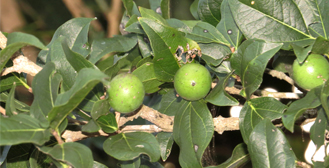
CLEARING NUT TREE:: :STRYCHNOS POTATORUM
As the name suggests, this tree is known for purifying water instantly. Strychnos Potatorum, is the scientific name for this bushy tree found in South India, and is extensively used for treating eye diseases, anorexia, renal calculi and skin diseases.
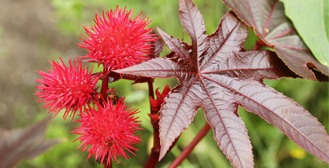
CASTOR BEAN: : RICCINUS COMMUNIS
It is believed in Ayurveda that if a plant resembles an organ, it can be used to treat that organ. This is exactly what we see in case of Indian screw tree, which has twisted fruits resembling our intestines, and rightfully, this fruit works wonders in curing abdomen related diseases like – worm infestation, diarrhea, abdominal colic pain and more..
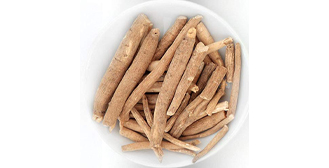
INDIAN GINSENG:: : WITHANIA SOMNIFERA
Popularly known as Ashwagandha, this plant which is classified as a rasayana or rejuvenator is known for rejuvenating our physical and mental health and increase longevity. It is known for promoting neuro- muscular coordination and it is its roots, which are used for medicinal purposes..